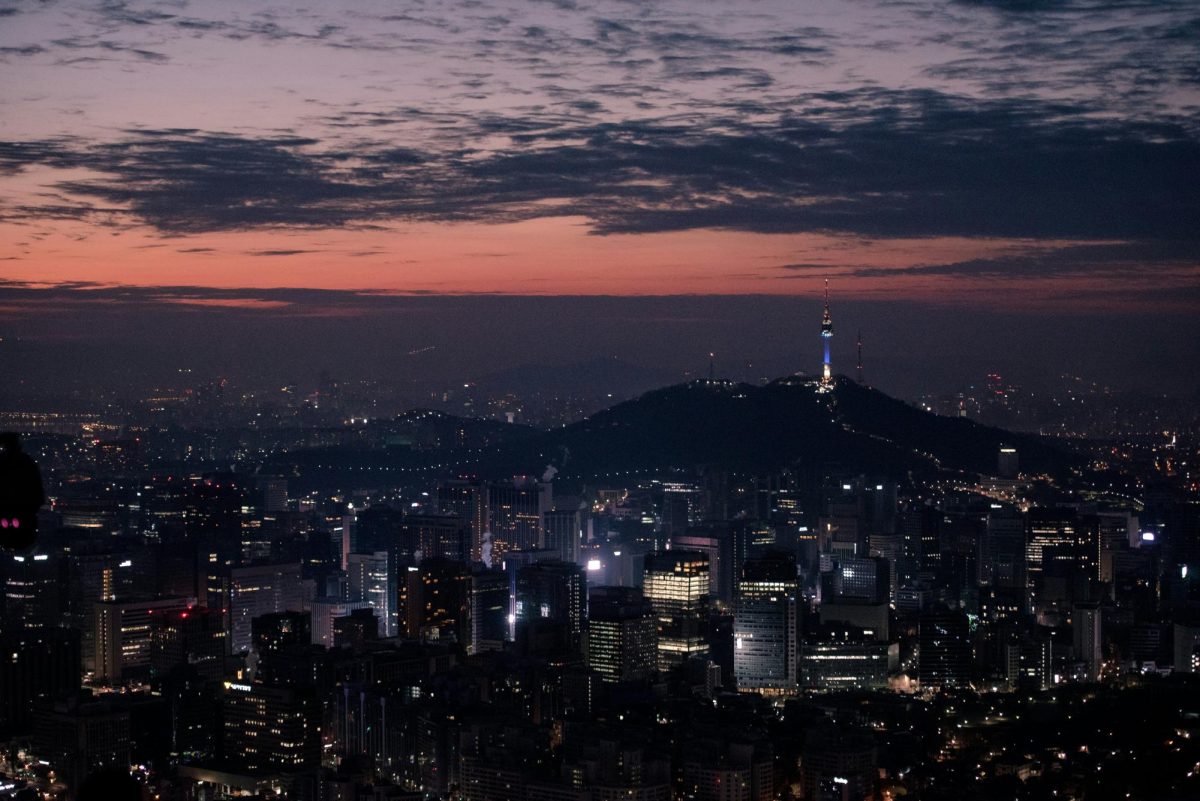
Professor Noam Chomsky of MIT, author of Manufacturing Consent: The Political Economy of the Mass Media and at least 99 other works according to Wikipedia, gave a talk this past week at the UMass Fine Arts Center. The lecture was entitled “Who Owns the World? Resistance and Ways Forward,” sponsored by the Center for Popular Economics.
Chomsky identified the two greatest world issues at hand as climate change and nuclear weapons proliferation. Contextualizing his remarks, he cited from the New York Times recent findings, that the level of summer Arctic ice had reached its lowest point since scientists began satellite imaging the ice in the ‘70s. He then discussed the Republican and Democratic Party platforms’ opinions on what should be done about climate change. He concluded that the difference between the two parties was merely the level of enthusiasm with which the proverbial lemmings chose to throw themselves off the cliff. The Republicans and Democrats both call for more oil drilling and/or fracking, so, lemmings, according to Chomsky.
Next, Professor Chomsky covered nuclear weapons, specifically considering the recent hubbub over Iran possibly developing weapons capabilities. Examining this perceived threat in the context of the vast nuclear arsenal of the U.S. and by extension its ally Israel, Chomsky seemed (my apologies to Chomsky if I oversimplify his words) to downplay the “danger” of Iran getting nuclear weapons. The arsenal of the U.S. far outweighs the arsenals of smaller countries like Iran, so it isn’t surprising that the smaller countries would want nuclear weapons to even out the balance of power. However, he also commented on the approaching 50th anniversary of the Cuban Missile Crisis, saying that the only reason nuclear war was averted was because Khrushchev had the sanity to back down. He mused that in his opinion, historically speaking, such sanity didn’t last long and might not save humanity again if the specter of war to arise. He believes that the nuclear situation could improve if the Mideast multilaterally agrees to reduce their stockpiles. However, he also added that Israel would never sign on to such a thing, pointing to Israel’s historically aggressive foreign policy as further reason to be pessimistic on the topic.
Much of Chomsky’s talk consisted of condemning U.S. foreign policy and theorizing about supposed American decline. He categorized U.S. policy, presumably during the Cold War, as being about maintaining control over land in the western hemisphere and southeast Asia at the cost of suppressing independence movements, i.e. “fearing democracy.” He argued that these policies are enacted by a U.S. government that is controlled by corporations and the wealthy with the funds to subsidize the reelection campaigns of friendly officials. He answered the question his talk had posed of “Who Owns the World:” the very rich and corporations at the expense of the rest. As for “Resistance and Ways Forward,” Chomsky (at least to my memory) didn’t offer much specific advice for dealing with the political problems he outlined, other than getting people to advocate for more direct democracy with a less subservient mainstream media.
Professor Chomsky’s ideas came across to me as accessible and well-enough reasoned. At times, he was fixatedly harsh on the U.S., and sometimes neglected to mention historical nuances (for example domino theory during the Cold War, even if he disagrees with it like I do) in favor of pressing more easily-digestible points to his young agreeable audience—it’s understandable. At any rate Professor Chomsky got me and the audience to think about what he was saying. Let’s all go do some democracy if we want.
Tom Lynch can be reached at [email protected].







Peter Smith • Oct 2, 2012 at 11:56 am
it’s important to be flippant when writing about democracy, and Chomsky, and the potential end of the world as we know it. it’s a good way to think of oneself as serious.